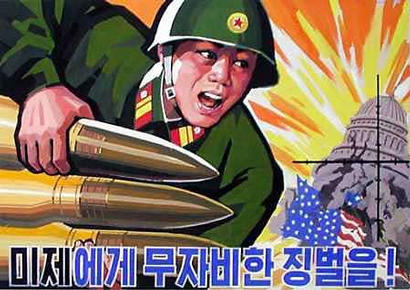
Between candidates Goodluck Jonathan and Buhari, I would probably vote for Jonathan. Nigeria, with its rapidly growing and young population, has an immense amount of potential to be one of the top economic nations in the next decade. Even though it has huge potential, this presidential election will decide if the country will take advantage of that, and become one of the leading countries in Africa. Choosing the wrong leader, however, could prove to be disastrous to Nigeria because of the fragile state that it is in. It is for this reason why the next leader of Nigeria must bring stability to the country. While Goodluck Jonathan certainly is not an ideal candidate for Nigeria, he is no doubt a better choice than Buhari. Being a fairly new country, it is important that Nigeria has a civilian leader to ensure its citizens that their system of government works and is not corrupt. Buhari, while some of his promises might be aspiring, does not have a record to back them. Buhari had been involved with government corruption and broken promises, displaying that voting for him would be a risk- a gamble that Nigeria in its current position simply cannot take. Overall, the most important aspect that the next Nigerian President could bring to his country is stability and a sense of unification; something that Buhari could probably not do by looking at his past records.
Sources:
http://naijan.com/nigeria-presidential-candidate-list-for-2011-and-their-empty-promises/



